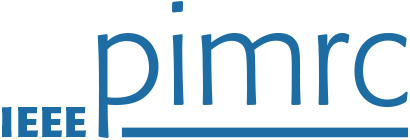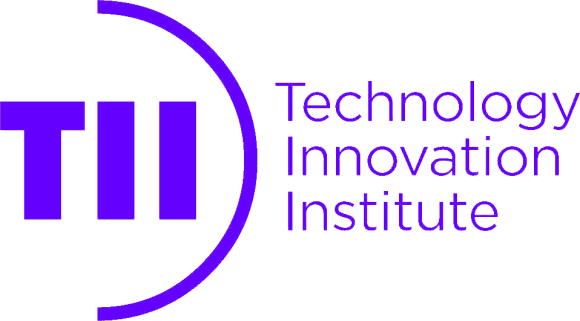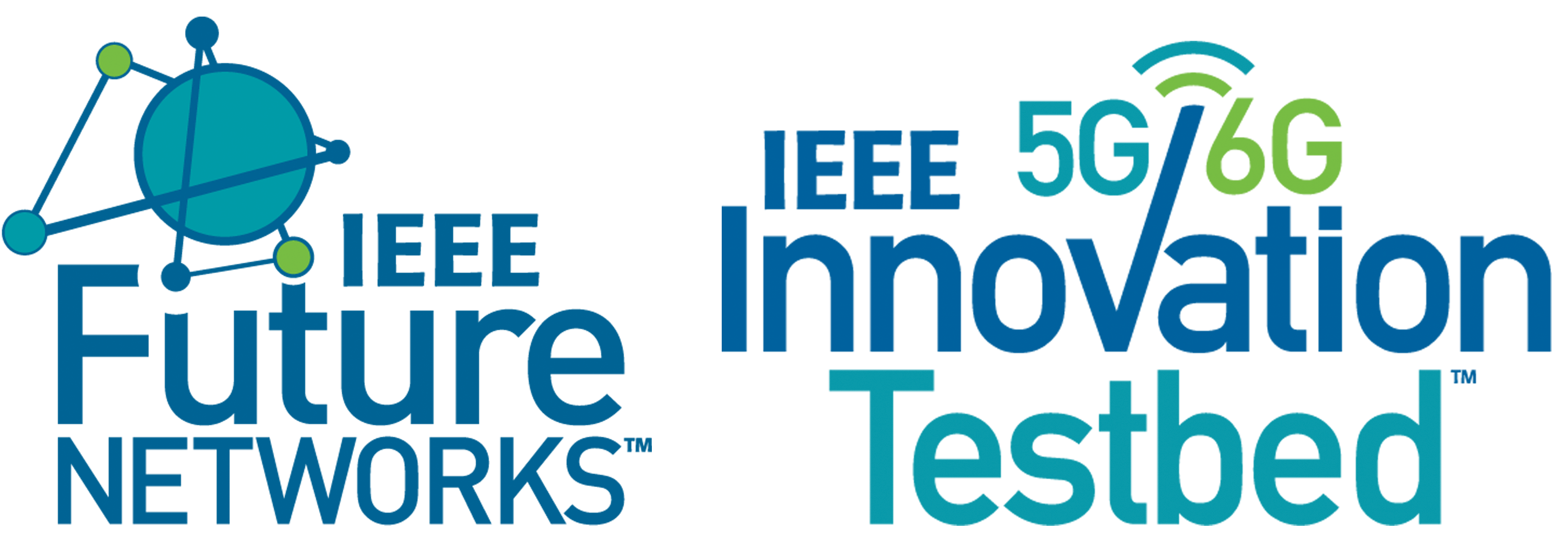Day: Tuesday, 05 September
Time: 14:00 – 17:30
Room: Dockside 9
Tentative Program Schedule below:
Keynote talk: Predictable Wireless Networking for Industrial IoT (30 mins)
Hongwei Zhang (Iowa State University, USA)
Paper 1 – Title: Angle of Arrival Estimation Using IEEE 802.15.4 TSCH Protocol (20 mins)
Authors, affiliation, and country: Grega Morano (Jozef Stefan Institute, Slovenia); Aleš Simončič (Jožef Stefan Institute, Slovenia); Teodora Kocevska (Jožef Stefan International Postgraduate School & Jožef Stefan Institute, Slovenia); Tomaz Javornik (Jozef Stefan Institute, Slovenia); Andrej Hrovat (Jožef Stefan Institute, Slovenia)
Paper 2- Title: An End-To-End Analysis of Deep Learning-Based Remaining Useful Life Algorithms for Satefy-Critical 5G-Enabled IIoT Networks (20 mins)
Authors, affiliation, and country: Lorenzo Mario Amorosa and Nicolò Longhi (University of Bologna, Italy); Giampaolo Cuozzo (CNIT, National Laboratory of Wireless Communications (WiLab), Italy); Weronika Maria Bachan (University of Bologna, Italy); Valerio Lieti (Nokia, Italy); Enrico Buracchini (Telecom Italia Lab, Italy); Roberto Verdone (University of Bologna, Italy)
Paper 3- Title: Defeating Proactive Jammers Using Deep Reinforcement Learning for Resource-Constrained IoT Networks (20 mins)
Authors, affiliation, and country: Abubakar Sani Ali (Khalifa University, United Arab Emirates); Sami Muhaidat (Kahlifa University, United Arab Emirates); Shimaa Naser (Khalifa University, United Arab Emirates)
Break (20 mins)
Paper 4- Title: Timely and Efficient Information Delivery in Real-Time Industrial IoT Networks (20 mins)
Authors, affiliation, and country: Hossam Farag (Aalborg University, Denmark); Dejan Vukobratović (University of Novi Sad, Serbia); Andrea Munari (German Aerospace Center (DLR), Germany); Čedomir Stefanović (Aalborg University, Denmark)
Paper 5 – Title: Enabling High-Speed Connectivity in Urban Environments Through Composite Base Stations and Dynamic Spectrum Scheduling (20 mins)
Authors, affiliation, and country: Muhammad Farhan Khan and Dirk Pesch (University College Cork, Ireland); Adeel Iqbal (COMSATS University Islamabad, Pakistan); Adnan Rashid (Politecnico di Bari, Italy)
Paper 6 – Title: Defending Federated Learning From Backdoor Attacks: Anomaly-Aware FedAVG With Layer-Based Aggregation (20 mins)
Authors, affiliation, and country: Habib Ullah Manzoor and Ahsan Raza Khan (University of Glasgow, United Kingdom (Great Britain)); Tahir SHer (Air University, Pakistan); Wasim Ahmad and Ahmed Zoha (University of Glasgow, United Kingdom (Great Britain))
Paper 7 – Title: Enhancing Edge Computing With Unikernels in 6G Networks (20 mins)
Authors, affiliation, and country: Syed Yazdani (The Manchester University, United Kingdom (Great Britain))
Paper 8 – Title: Delay and Total Network Usage Optimisation Using GGCN in Fog Computing (20 mins)
Authors, affiliation, and country: Naif Hamdan Alshammari (Lancaster University, United Kingdom (Great Britain)); Haris Pervaiz (University of Essex, United Kingdom (Great Britain)); Hassan Ahmed (Lancaster University, U.K, United Kingdom (Great Britain)); Qiang Ni (Lancaster University, United Kingdom (Great Britain))
Industry 4.0 is evolving through the digital transformation of manufacturing processes to bridge the physical and digital worlds through cyber-physical systems. The development towards Industry 5.0 has also been initiated that emphasizes sustainability, resilience, and a human-centric approach. The next generation of wireless technologies is envisioned to intelligently interconnect humans and machines from the physical world and their digital representations in
the virtualized digital world. Advancements in cloud and edge computing, artificial intelligence, and robotics, also opens new dimensions in revolutionizing these processes. Moreover, digital twinning of the physical entities enables support for engineering, maintenance, reconfiguration, and recycling of industrial automation systems. Accordingly, numerous visionary use cases are expected to emerge requiring deterministic communication capabilities. The challenge of deterministic and bounded low-latency communication is being addressed by standardization bodies such as IEEE 802.1, IETF DetNet, 3GPP time-sensitive communication, and industrial alliances such as 5G-ACIA. Ultra-reliable and low-latency communication has been an important aspect of 5G communication that enables the support for determinism and integration with deterministic communication technologies and will further be developed under the 6G vision. The global Industry 4.0/5.0 market is expected to gain momentum by 2028, however, their application requirements are one of the most challenging for wireless systems. Therefore, innovation is needed in all supporting technologies. Communication through 6G technologies will enable and foster the development of technologies for multiple industry verticals and is going to play a key role in improving system efficiency and availability.
This workshop as in initiative of European Cooperation in Science & Technology (COST) The Intelligence-Enabling Radio Communications for Seamless Inclusive Interactions (INTERACT) and EU funded SNS project DETERMINISTIC6G that aims at understanding the trends and vision of industry 5.0 use cases and corresponding latest developments in wireless communications. In this workshop, we seek paper submission in relevant fields, including the following:
• Vision and requirements of high demanding industry 5.0 use cases
• Advancements in wireless communications for cyber-physical system applications
• Communications technologies enabling human-machine interaction and their continuum with the virtual world through digital twins
• Enhancements for industrial wireless communication, including time-sensitive networks, deterministic communication, quality of service
• Channel measurements and channel modelling in industrial environments
• Routing and scheduling algorithms for reliable and real-time industrial IoT
• Wireless communication trade-offs in reliability, latency, and service availability for cyber-physical systems
• Safety and security aspects, jamming prevention, detection and mitigation techniques for wireless communication in industrial environments
• Trustworthy edge and cloud computing services for data offloading of computationally intensive applications
• Advanced artificial intelligence and machine learning techniques enabling extreme dependable networked systems
• Experimental deployment and validation of 5G communication in industrial scenarios
Organizers:
Raheeb Muzaffar, Silicon Austria Labs, Austria
Golsa Ghiaasi, Silicon Austria Labs, Austria
Hamed Ahmadi, University of York, UK
Dhruvin Patel, Ericsson, Germany
6G, is expected to satisfy unprecedented requirements in terms of throughput, latency, massive connections, etc. With the hyperconnectivity among humans and everything, we are anticipating Internet of Things (IoT) applications in various fields, including smart city, smart factory, etc. However, to facilitate these IoT applications, the issues related to the heterogeneity, application requirements, and limited resources, requires greener and more advanced hardware and software upgrades. Future IoT systems feature a larger number of devices and multi-access environments where different types of wireless spectrum, including Sub6 GHz, Millimetre-wave, and Terahertz, should be efficiently utilized. The increased in the number of IoT devices also increases the challenges in keeping a net zero carbon emission rate. A resource efficient IoT architecture should be designed to deal with the limited storage and computational capability of IoT devices. Technologies, such as intelligent reflecting surface, multiple-input-multiple-output (MIMO), etc., are needed to be altered to support the challenges faced by these resource constraint IoT devices. Moreover, the network environment and system requirements change with the space and time, which require intelligent approaches. It is envisioned that the collaborative intelligence is the enabler for greener IoT systems. To enable a greener and smarter society, more research efforts should be conducted on collaborative intelligence and to incorporate new hardware upgrades for IoT systems. Therefore, this workshop aims at addressing the technical challenges for enabling collaborative intelligence and hardware upgrades for IoT systems, to support a greener and smarter society and to keep the 1.50 C goal of COP26 alive.
Organizers:
Dr Muhammad Ali Jamshed, University of Glasgow
Dr Masood Ur-Rehman, University of Glasgow
IMPORTANT DATES
Paper Submission Deadline: 19 May 2023 Extended date: 31 May 2023
Acceptance Notification: 16 June 2023
Camera-Ready Due: 07 July 2023
Workshop Date: 05 September 2023







